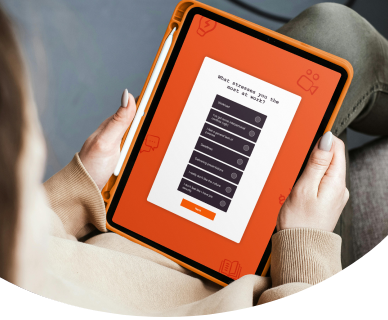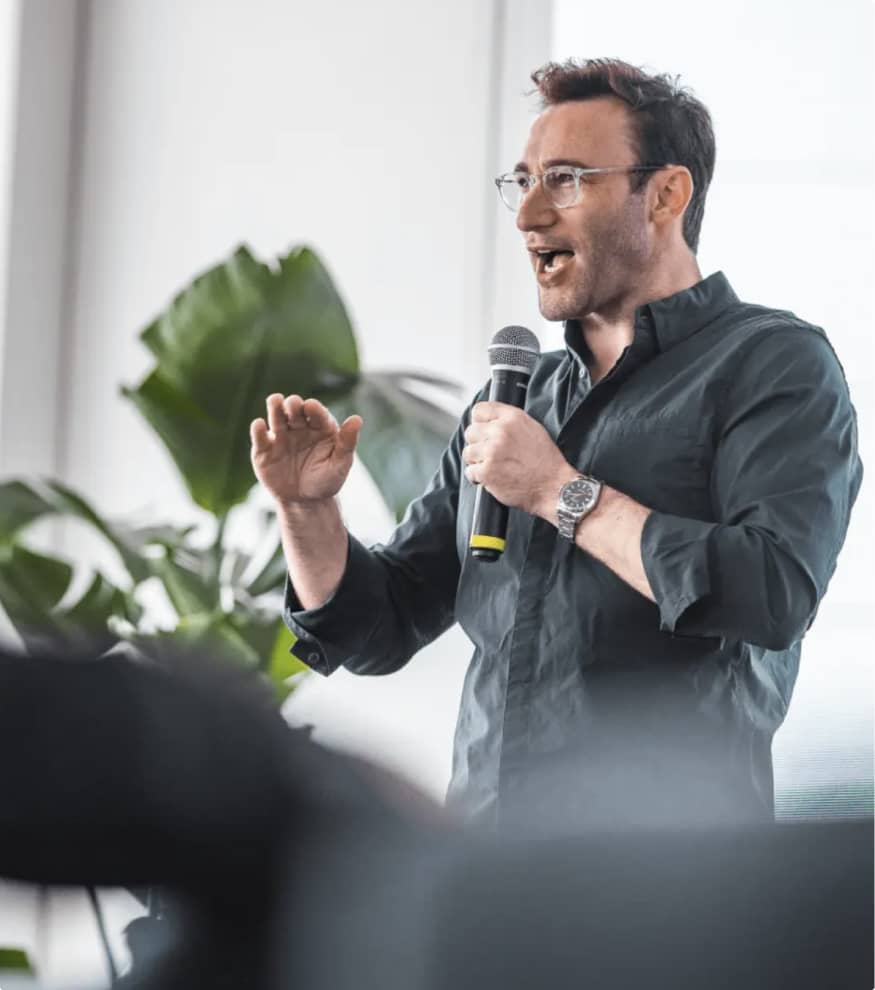We all know the stock interview questions that are almost guaranteed to come up in any job interview. Questions like “Where do you see yourself in five years?” “What do you think we can improve on as an organization?” and “Why do you believe you are the right fit for this role?” However, there is one question that hiring managers could easily avoid, as it can be seen as a waste of valuable time: “What’s your biggest weakness?”
While the intention behind this question is to be helpful, it more often than not leads to canned answers. As Simon explains, people tend to respond with the usual clichés like, “I’m a perfectionist.”
If you truly want to uncover a candidate’s weaknesses, there is a much more effective approach. Simon recently shared his go-to question during interviews on his podcast, A Bit of Optimism. He asks, “I hate surprises. Can you tell me something that might go wrong now so that I’m not surprised when it happens?” According to Simon, this question elicits incredible answers.
The beauty of this question is that it doesn’t put the candidate on the defensive. Instead, it focuses on the interviewer’s need for information and assistance. “I’m not making it about them,” explains Simon. “I’m making it about me. I’m asking them to help me.”

Start Your Learning Journey Today
At the Optimism Company, we teach the human skills you need to unlock your potential and inspire a brighter future. Click below to read about The Optimism Library— our extensive collection of class offerings.
Feedback from our fellow employees at The Optimism Company, who have been interviewed by Simon, confirms that the question works. One employee admitted to getting stressed and frustrated when having to give big presentations on short notice, while another revealed that she can be overly sensitive to critical feedback. “Simon asked me so many questions, but that’s the one that stuck with me the most vividly,” said one employee.
Simon explains that when we position the question as a way to seek help and support rather than evaluate and critique, candidates tend to be more authentic. Being aware of potential challenges upfront allows both the employer and the employee to navigate them more efficiently, fostering a smoother and more productive working relationship.
Ultimately, leadership is about understanding, guiding, and supporting. Are you ready to lead with more authenticity and clarity? Explore our vast collection of classes in The Optimism Library, all designed to mold you into a more adept leader.
More Useful Advice from The Optimism Company
One Simple Thing Too Many Leaders Get Wrong











